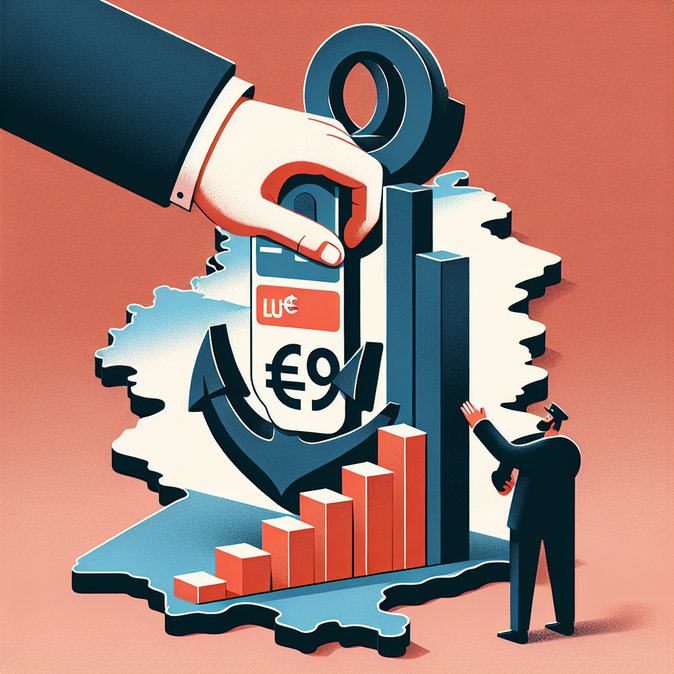
In a late-night vote on 7 November 2025 the German Bundestag finally answered the question every commuter—and every HR mobility manager—has asked since spring: Will the €49 Deutschlandticket survive? Yes. MPs passed the 11th amendment to the Regionalisation Act, guaranteeing federal co-financing for the flat-fare rail and bus pass from 2026 to 2030.
The law earmarks €1.5 billion for 2026 and binds the federal government to index-linked increases from 2027, provided the Länder match the sums. Corporate mobility budgets take note: from 2027 the ticket price will rise to €63 per month, but companies can still buy subsidised Job-Tickets with up to 25 % discount.
![Bundestag Secures ‘Deutschlandticket’ Funding Through 2030, Locking-In €49 Nationwide Pass]()
Why it matters for global mobility teams: the pass has become the default solution for assignees and business travellers shuttling between client sites. Deloitte Germany says 82 % of its inbound secondees now use the ticket instead of car hire, saving the firm €3.6 million in travel spend this year alone.
Transport economists fear that inflation-linked cost sharing could trigger annual price hikes; however, enshrining the scheme in statute gives employers and relocation providers five years of predictability. The Bundesrat is expected to rubber-stamp the amendment on 29 November, allowing transport associations to print new fare tables before the 1 January timetable change.
Opposition parties criticised the deal for lacking an exit clause should ridership or revenue projections collapse, but the industry hailed it as a rare win for modal-shift policy.
The law earmarks €1.5 billion for 2026 and binds the federal government to index-linked increases from 2027, provided the Länder match the sums. Corporate mobility budgets take note: from 2027 the ticket price will rise to €63 per month, but companies can still buy subsidised Job-Tickets with up to 25 % discount.

Why it matters for global mobility teams: the pass has become the default solution for assignees and business travellers shuttling between client sites. Deloitte Germany says 82 % of its inbound secondees now use the ticket instead of car hire, saving the firm €3.6 million in travel spend this year alone.
Transport economists fear that inflation-linked cost sharing could trigger annual price hikes; however, enshrining the scheme in statute gives employers and relocation providers five years of predictability. The Bundesrat is expected to rubber-stamp the amendment on 29 November, allowing transport associations to print new fare tables before the 1 January timetable change.
Opposition parties criticised the deal for lacking an exit clause should ridership or revenue projections collapse, but the industry hailed it as a rare win for modal-shift policy.










